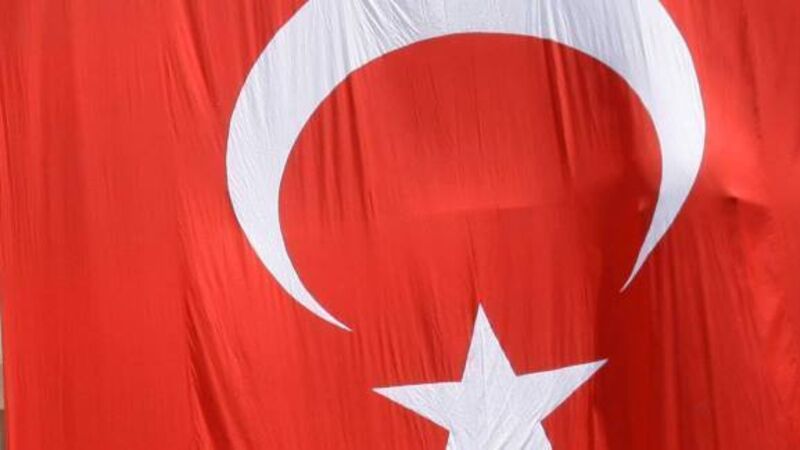NATO backs Turkey in fight against IS

Following a 90-minute meeting in Brussels, Turkey won the backing it sought for stepping up its role in the US-led fight against Islamic State with air strikes.
Ankara made no request to its 27 allies for military help and NATO Secretary-General Jens Stoltenberg noted that it had the second-largest army in the alliance.














